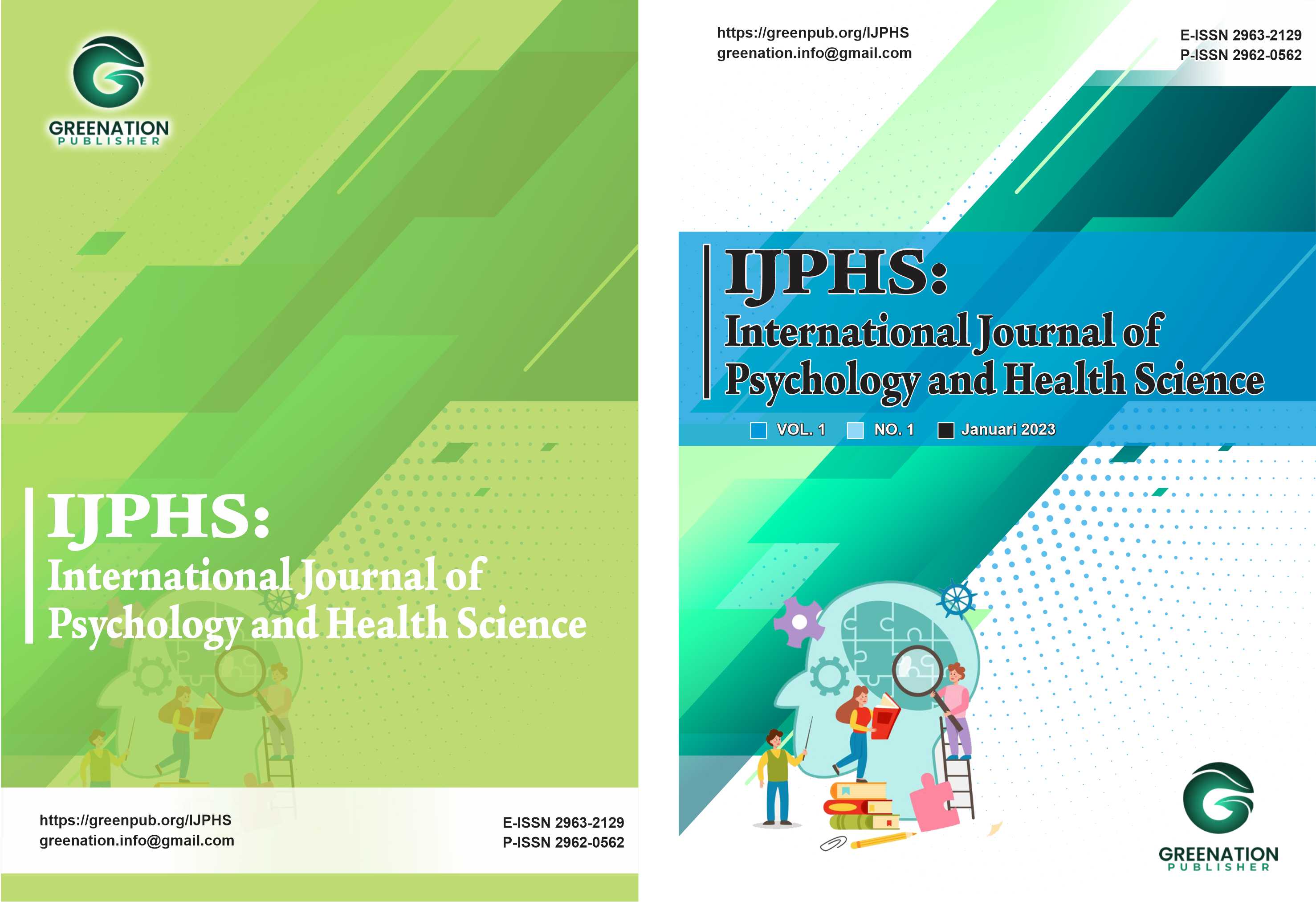Analysis of Factors Influencing Patient Compliance to Treatment at Hospital X
DOI:
https://doi.org/10.38035/ijphs.v3i2.994Keywords:
patient compliance, treatment, education, family support, health literacy, holistic servicesAbstract
Patient adherence to treatment is an essential component in achieving successful therapy, especially in the management of chronic diseases that require long-term treatment and active patient involvement. Non-adherence can lead to therapy failure, increased complications, higher health care costs, and decreased quality of life. This study aims to analyze factors that influence patient adherence to treatment at Hospital X using a descriptive quantitative approach. The study sample consisted of 100 outpatients selected purposively and analyzed using cross-tabulation and chi-square statistical tests.
The results of this study indicate that there are still respondents who are not compliant with treatment. Variables that show a significant relationship to compliance are education level (p = 0.034) and family support (p = 0.002). In contrast, gender (p = 0.859) and age (p = 0.640) do not have a significant relationship. These findings underline the importance of education-based interventions that are tailored to the patient's educational background, as well as active family involvement as an integral part of the care process. This study recommends a more holistic service approach, which not only emphasizes clinical aspects, but also considers social, psychological, and cultural factors of patients as important determinants of compliance behavior.
References
World Health Organization. (2003). Adherence to Long-Term Therapies: Evidence for Action. Geneva: WHO Press.
Kementerian Kesehatan Republik Indonesia. (2015). Peraturan Menteri Kesehatan Republik Indonesia Nomor HK.02.02/MENKES/261/2015 tentang Pedoman Penggunaan Obat. Jakarta: Kemenkes RI.
Morisky, D. E., Ang, A., Krousel-Wood, M., & Ward, H. J. (2008). Predictive validity of a medication adherence measure in an outpatient setting. The Journal of Clinical Hypertension, 10(5), 348–354
Astuti, R., & Wulandari, R. (2021). Hubungan Pengetahuan Pasien dengan Kepatuhan Minum Obat pada Pasien Hipertensi. Jurnal Keperawatan Nusantara, 5(1), 34–40
Elsous, A., Radwan, M., Al-Sharif, H., et al. (2020). Gender Differences and Determinants of Medication Adherence in Patients with Chronic Diseases: A Cross-Sectional Study. BMC Public Health, 20, Article 1147
Fatimah, S., & Nursalam. (2020). Pengaruh Dukungan Keluarga terhadap Kepatuhan Minum Obat pada Pasien Diabetes Mellitus. Jurnal Ilmiah Kesehatan, 9(2), 112–118
Handayani, S., & Lestari, E. (2019). Hubungan Tingkat Pendidikan dan Pengetahuan dengan Kepatuhan Pasien Hipertensi. Jurnal Keperawatan Respati Yogyakarta, 6(1), 52–60
Wicaksono, T. Y., & Prabowo, A. (2023). Pengaruh Faktor Sosiodemografi terhadap Kepatuhan Minum Obat Pasien Hipertensi. Jurnal Kesehatan Komunitas, 9(1), 23–29
Smith, J., & Brown, A. (2020). The Role of Gender in Patient Adherence: A Systematic Review. Journal of Health Psychology, 25(4), 456-467
Johnson, R., & Lee, T. (2021). Age and Medication Adherence: A Comprehensive Study. International Journal of Medical Education, 12(2), 123-130
Anderson, P., et al. (2022). Education Level and Patient Compliance: Insights from a Cross-Sectional Study. Patient Preference and Adherence, 16, 789-798
Williams, K., & Smith, L. (2023). Family Support and Patient Adherence: A Meta-Analysis. Health Psychology Review, 17(1), 45-60
Davis, M., & Thompson, R. (2021). The Impact of Social Support on Medication Adherence: A Review of the Literature. Journal of Community Health, 46(3), 456-467
Downloads
Published
Issue
Section
License
Copyright (c) 2025 Ikhsan Turnawan, Ai Susi Susanti

This work is licensed under a Creative Commons Attribution 4.0 International License.
Authors who publish their manuscripts in this journal agree to the following conditions:
- The copyright on each article belongs to the author(s).
- The author acknowledges that the International Journal of Psycology and Healt Science (IJPHS) has the right to be the first to publish with a Creative Commons Attribution 4.0 International license (Attribution 4.0 International (CC BY 4.0).
- Authors can submit articles separately, arrange for the non-exclusive distribution of manuscripts that have been published in this journal into other versions (e.g., sent to the author's institutional repository, publication into books, etc.), by acknowledging that the manuscript has been published for the first time in the IJPHS.





















